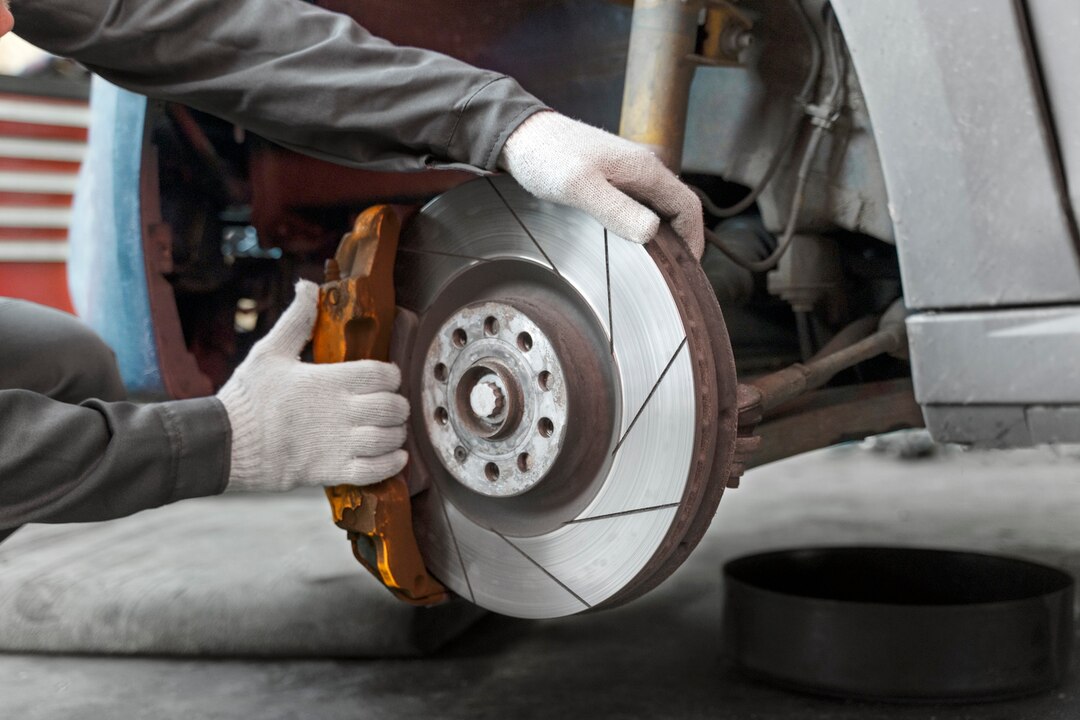Maintaining a vehicle’s braking system is paramount to ensuring safety on the roads, and in South Africa, where road conditions can be challenging, it’s especially crucial. Whether your brakes are squealing, grinding, or simply not performing as they should, it may be time for a replacement. But what does the process entail, and how long can you expect it to take? Moreover, what’s a reasonable cost estimate for this essential service? Let’s delve into the details.
Assessment and Diagnosis:
Before replacing your car’s braking system, a thorough assessment and diagnosis are necessary. This typically involves an inspection by a qualified mechanic who will examine the brake pads, rotors, calipers, and brake lines for signs of wear, damage, or malfunction. They may also perform tests to determine the extent of the problem and identify any underlying issues that need addressing.
Replacement Process:
Once the assessment is complete and the decision to replace the braking system is made, the replacement process can begin. This usually involves the following steps:
- Parts Procurement: The mechanic will source the necessary replacement parts, including brake pads, rotors, calipers, and brake fluid, if needed. It’s essential to use high-quality, OEM (Original Equipment Manufacturer) or OEM-equivalent parts to ensure optimal performance and safety.
- Dismantling: The old braking components will be removed from the vehicle, including the worn brake pads, damaged rotors, and any other faulty parts. This may require disassembling the wheel assembly and brake calipers to access the braking system.
- Installation: The new brake components will be installed, including fresh brake pads, rotors, and calipers, as well as any other necessary parts. The mechanic will ensure that everything is properly aligned and secured to the manufacturer’s specifications.
- Testing and Adjustment: Once the replacement is complete, the braking system will be thoroughly tested to ensure proper functionality and performance. This may involve test-driving the vehicle and performing brake tests to check for any issues or abnormalities. If necessary, adjustments will be made to ensure optimal braking efficiency.
Timeframe:
The timeframe for replacing a car’s braking system can vary depending on several factors, including the extent of the damage or wear, the availability of parts, and the efficiency of the mechanic performing the replacement. In general, a straightforward brake replacement can take anywhere from 1 to 3 hours per axle (front or rear), including assessment, replacement, and testing. However, more extensive repairs or replacements, such as replacing brake lines or addressing underlying mechanical issues, may take longer and could require additional time.
Cost Estimate:
The cost of replacing a car’s braking system in South Africa can also vary depending on factors such as the make and model of the vehicle, the quality of parts used, and the labor rates charged by the mechanic or workshop. As a rough estimate, replacing the brakes on a typical passenger vehicle can range from R1000 to R3000 or more per axle, including parts and labor. However, this cost may be higher for luxury or high-performance vehicles, as well as for more extensive repairs or replacements.
Replacing your car’s braking system is a critical maintenance task that should not be overlooked. By understanding the process involved, including assessment, replacement, and testing, as well as the typical timeframe and cost considerations, you can make informed decisions about maintaining your vehicle’s safety and performance on the roads of South Africa. Be sure to consult with a qualified mechanic or workshop for an accurate assessment and to ensure that the replacement is performed to the highest standards of quality and safety.











